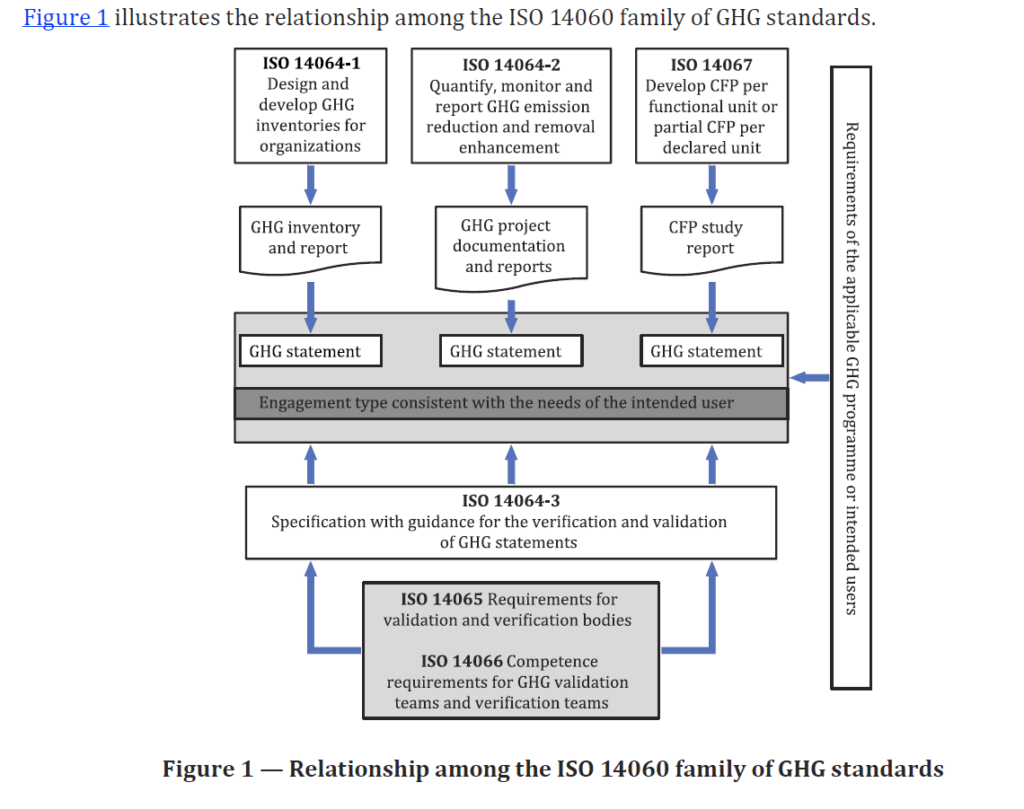This image illustrates how I felt after reading the governments most recent ‘edition’ of Ireland’s plan to tackle the existing climate crisis.
You know when you need customer ‘support’, and speaking to an actual person seems impossible, never mind someone who knows the answer to your question. Eventually you find a ‘chat’ option where you go through ten or so pointless questions with a bot before they say they are transferring you to an customer representative, i.e. a human. “Hello”, you type, this is my question…..then you stare at those three dots at the bottom of the chat box, and wait….and wait, all the while knowing in your heart that the chances of getting an actual answer to your actual question is frustratingly low.
The 2021 Climate Action Plan, very like the 2019 Climate Action Plan, is packed with admirable aspirations, but disappointingly light on details of quantifiable actions. As I see it the vast majority of the 432 actions are in fact a list of problems and challenges that need to be addressed.
My concern is that effective implementation will be stymied by traditional government bureaucracy and an unhealthy dose of death by committee. There is one significant difference between the 2019 and 2021 plan. The Climate Action Bill, enshrined in law, a commitment to reduce our carbon emissions by 50% by 2030. This is a mammoth challenge for the government that will require a synchronized, transformational approach by all stakeholders.
Unfortunately having read the document I still have no sense of how the current coalition are actually going to deliver on the most imperative government policy in modern history. Still waiting for answers to too many questions!
Now that I have that off my chest, I will share what I believe are the main takeaways/actions for businesses:
- Start collecting data on your energy usage and waste management. All businesses will need this to calculate their carbon emissions.
- Don’t wait for the government to tell you what to do or for the necessity of imposed regulations. Be prepared and take the initiative, sooner rather than later.
- Perform a ‘materiality assessment’ of your business to understand the material impacts your operations have on the climate, prioritizing carbon emissions.
- Finally, get a basic understanding of the ISO:14060 family (ref. below info-graphic) and their methodologies for managing, calculating and reporting on greenhouse gas emissions or GHGs . These standards are referenced in both the Climate Action Plan and the EU regulations on Taxonomy.








